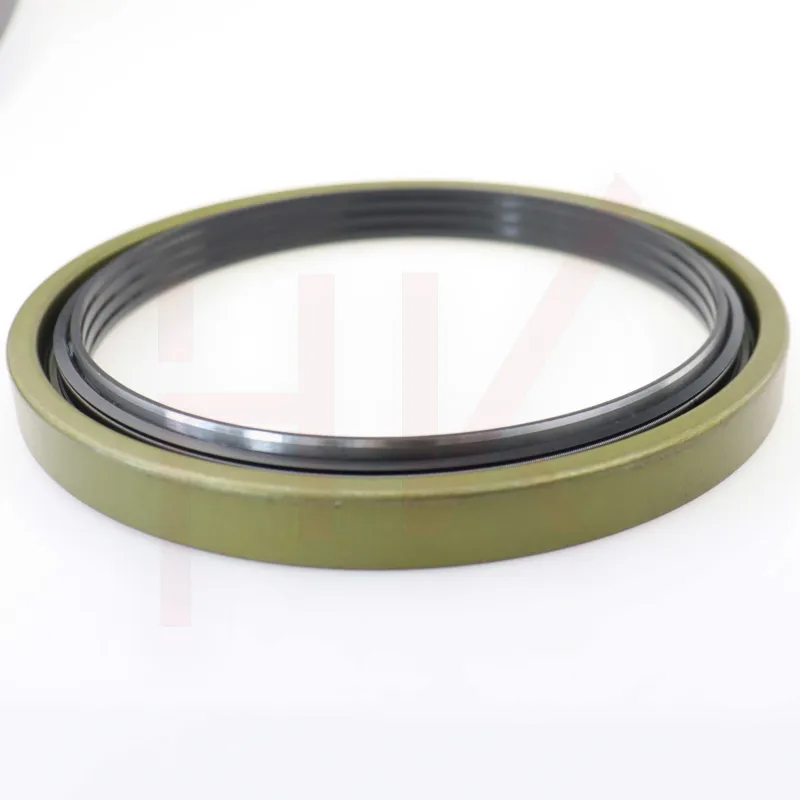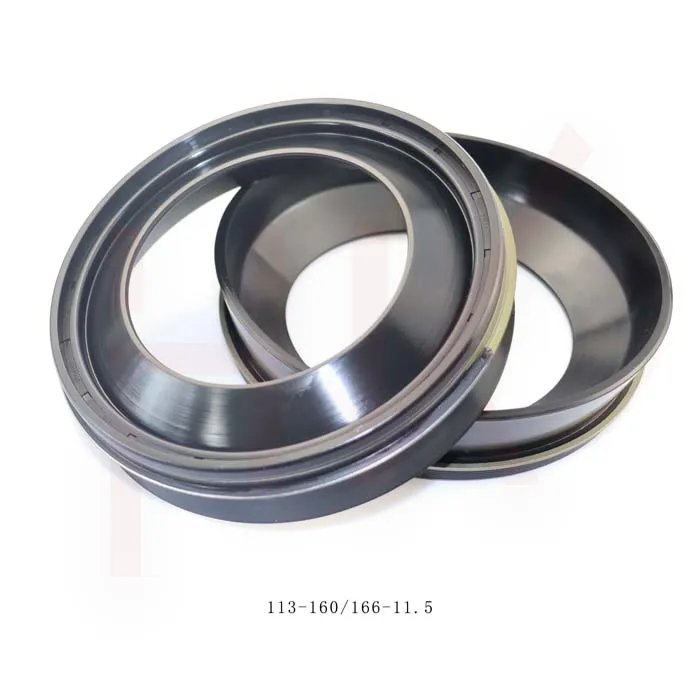Sep . 06, 2024 00:43 Back to list
High-Performance Cylinder Wipers for Optimal Sealing and Durability
The Importance of Cylinder Wipers in Machinery
Cylinder wipers are essential components in many types of machinery, especially within hydraulic and pneumatic systems. They serve a critical function, ensuring the longevity and efficient operation of equipment that relies on cylinder mechanisms. In this article, we will explore the significance of cylinder wipers, their function, materials, and best practices for maintenance.
Function of Cylinder Wipers
At its core, a cylinder wiper is designed to prevent foreign particles, dirt, and other contaminants from entering the cylinder chambers. This is particularly crucial in hydraulic and pneumatic systems where precision is key. If contaminants breach the cylinder, they can cause significant wear and tear, leading to reduced performance, increased downtime, and potentially catastrophic failures. The wiper effectively creates a seal that not only blocks debris but also manages the lubrication within the system. It helps maintain optimal performance by ensuring that the moving parts can operate smoothly against one another.
Materials Used in Cylinder Wipers
The manufacturing of cylinder wipers involves various materials, each chosen for its specific properties suited to the application
. Common materials include rubber, polyurethane, and certain types of thermoplastic elastomers.- Rubber Often used for its flexibility and resilience, rubber wipers can handle a wide range of temperatures and pressures. - Polyurethane This material is gaining popularity due to its superior resistance to abrasion, chemicals, and its ability to maintain performance over a broader temperature range. - Thermoplastic Elastomers (TPEs) TPEs combine the properties of rubber and plastics, offering excellent durability while being easier to process than traditional rubber.
cylinder wiper

Choosing the right material is critical because it impacts the wiper's effectiveness, longevity, and adaptability to different environments.
Maintenance of Cylinder Wipers
To ensure the best performance, regular inspection and maintenance of cylinder wipers are recommended. Initially, operators should conduct routine checks for signs of wear, such as cracking, tearing, or hardening. If any degradation is noted, the wipers should be replaced promptly to prevent contamination of the hydraulic or pneumatic systems.
Moreover, the environment in which the machinery operates can affect the lifespan of cylinder wipers. In environments where abrasive materials or chemicals are present, more frequent inspections and possible replacements may be necessary. Equipment operators must also ensure that the wiper seals are appropriately lubricated, as this will not only enhance performance but also extend the life of the wiper and the cylinder itself.
Conclusion
In summary, cylinder wipers play an indispensable role in maintaining the functionality and reliability of hydraulic and pneumatic systems. Their primary purpose of preventing contamination, combined with the right material selection and regular maintenance practices, can significantly impact machinery performance and longevity. As industries continue to evolve, the importance of understanding and optimizing the role of cylinder wipers will only grow, ensuring that systems operate smoothly and efficiently, minimizing downtime, and maximizing productivity.
-
Reliable Oil Seal Wheel Hub Solutions for Industrial & Automotive Use
NewsNov.17,2025
-
Durable Front Hub Oil Solutions for Industry – HKAiSeal
NewsNov.17,2025
-
Wholesale Hydraulic Pump Motor Seal Kit A4VSO250 | In Stock
NewsNov.17,2025
-
Pump Seal Kits: Essential Components for Industrial Reliability
NewsNov.17,2025
-
TCV Oil Seal - Double-Lip, Spring-Loaded, High Temp & Wear
NewsNov.17,2025
-
Hydraulic Seal Kits: Reliable Solutions for Industrial Equipment
NewsNov.17,2025
-
Combined oil seal 659214 12001903B, fits 119990, NBR OEM
NewsNov.17,2025
Products categories
















